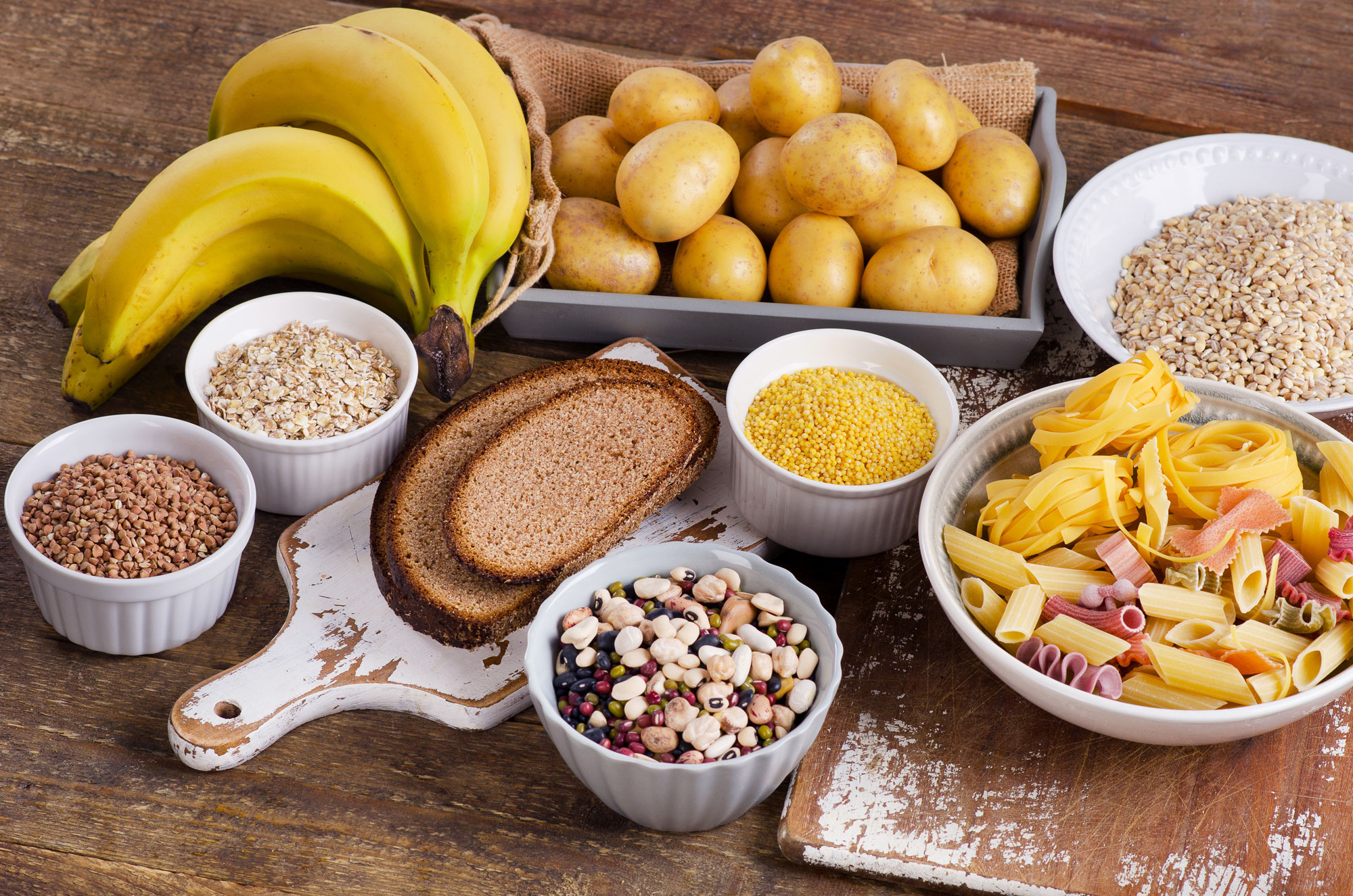This website uses cookies so that we can provide you with the best user experience possible. Cookie information is stored in your browser and performs functions such as recognising you when you return to our website and helping our team to understand which sections of the website you find most interesting and useful.

What are carbohydrates?
Carbohydrates (commonly known as carbs) are sugar molecules. They are one of the three main nutrients that are found in foods and drinks, along with proteins and fats. Carbohydrate molecules are made by plants and animals, and they contain carbon, hydrogen and oxygen.
Your body breaks carbohydrates down into glucose, and this is the main source of energy for your body’s cells, tissues and organs.
What are the different types of carbohydrates?
Sugars
These are carbohydrates in the most basic form, and are often described as simple carbohydrates. Sugars are added to foods, such as in sweets, desserts and processed foods, or they can be found naturally in foods such as fruits, vegetables and milk.
Starches
These are known as complex carbohydrates, and are made from lots of simple sugars strung together. These are slower releasing as your body needs to break starches down into sugars to use them for energy. Starches includes food such as bread, cereals, pasta, potatoes and corn.
Fibre
This is also a complex carbohydrate, however your body cannot break down most fibres. Eating foods full of fibre helps to make you feel fuller, and less likely to overeat. There are also health benefits such as helping to prevent stomach issues, lowering cholesterol and blood sugar. Fibre is found in foods such as fruits, vegetables, nuts, grains, beans and seeds.
Which foods have carbohydrates?
There are foods that don’t contain a lot of carbohydrates, such as meat and poultry, fish, nuts and oils. Common foods that are higher in carbohydrates include:
- – Grains including bread, pasta, cereals and rice.
- – Fruits such as berries, apples, bananas and oranges.
- – Dairy products such as milk and yoghurt.
- – Legumes. This includes beans, lentils and peas.
- – Starchy vegetables such as potatoes and corn.
- – Drinks such as juices, fizzy sodas and energy drinks.
Further Resources
- – Food A Factor of Life Resources
- – Experiment sheet: Testing foods for glucose
- – Experiment sheet: Testing foods for reducing sugars
- – Experiment sheet: Testing foods for starch
